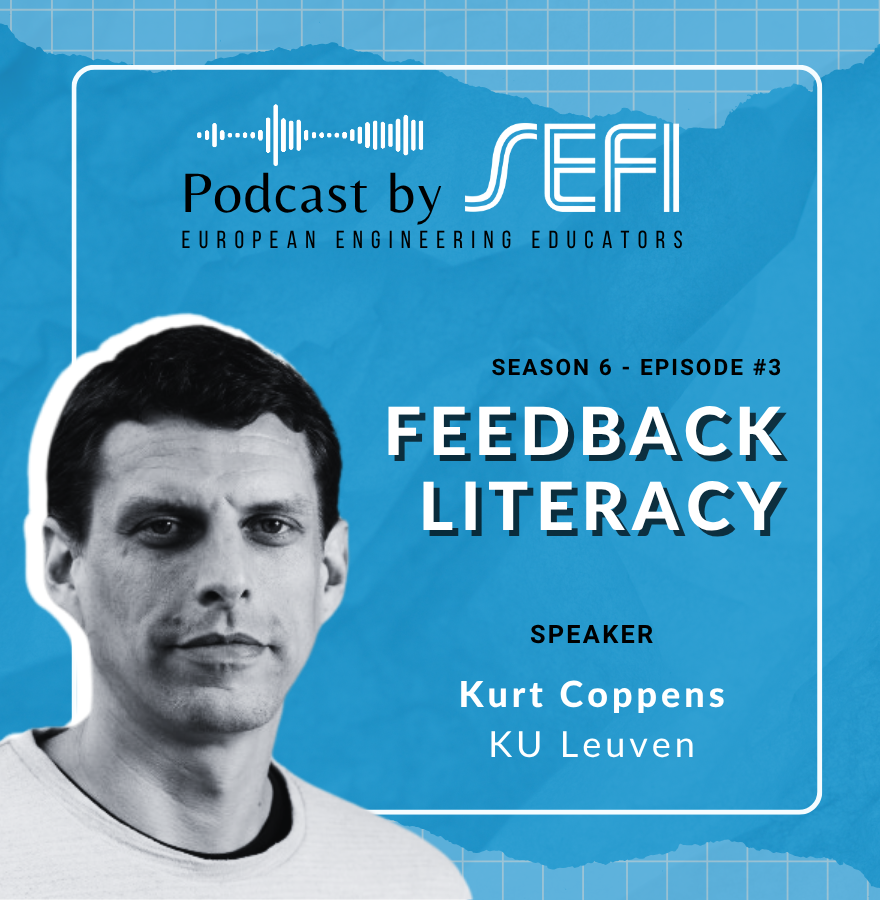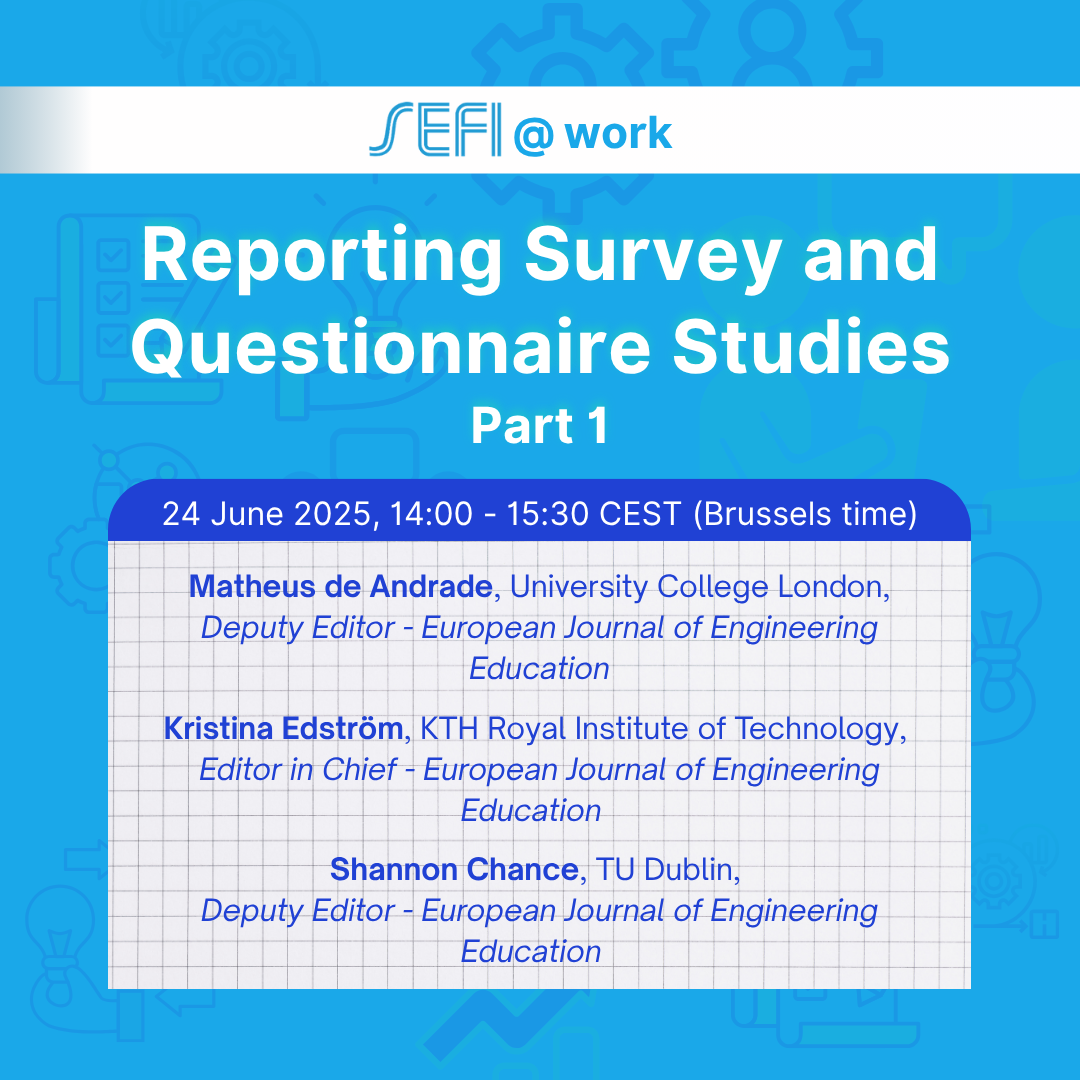Feedback is a somewhat perennial topic within higher education (HE), with increasing emphasis on students…
Insights from the 14th European Convention for Engineering Deans
On the 24th – 26th of May 2023, the European Convention for Engineering Deans took place on the campus of the University of Twente. More than 70 participants from different European countries and beyond were welcomed in Enschede to discuss the future of engineering education with a strong focus on digitalization and innovation. The convention included keynotes about vision on engineering and engineering education, digitalization and professional development projects; discussion panels, and workshops about sustainable innovation and leadership.
Download the outcomes document
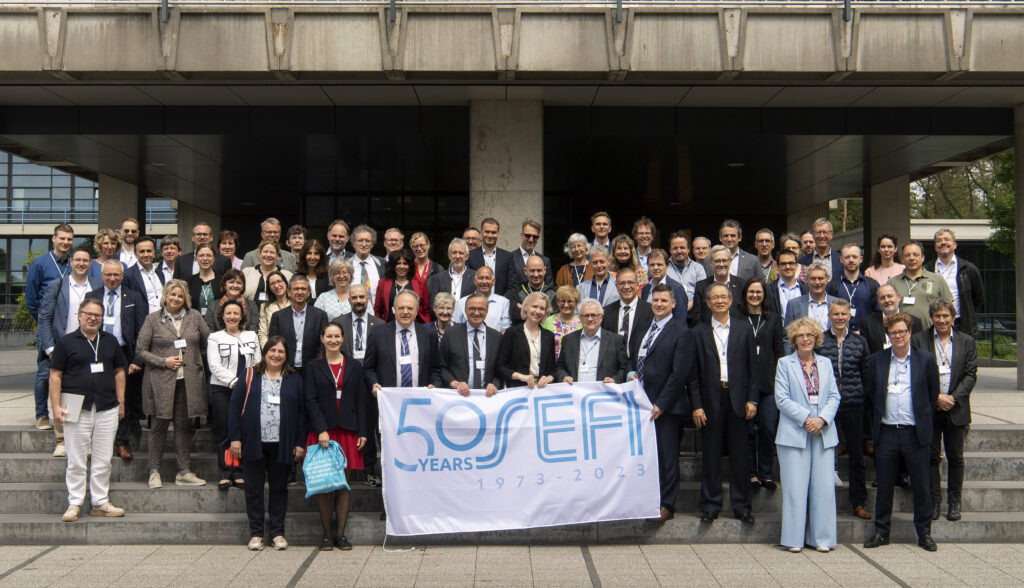
The European Convention for Engineering Deans, Directors, and Department Heads (ECED) – University Leadership Dialogue (ULD) is an annual networking event organized by the European Society for Engineering Education (SEFI). It serves as a platform for higher engineering education leaders to address various issues, foster innovation and governance, share experiences, and promote professionalism in the rapidly evolving landscape of engineering education.
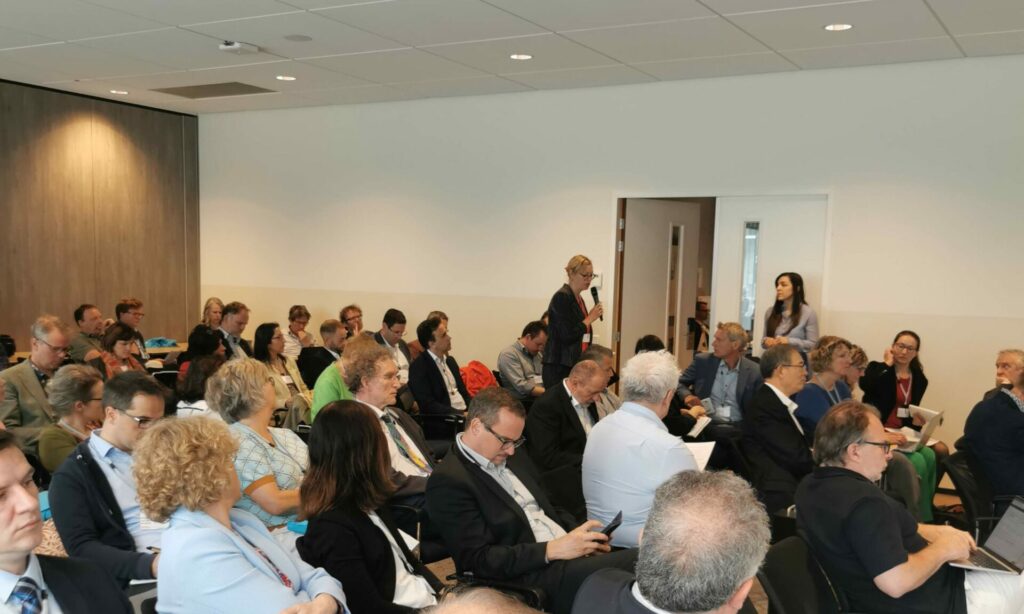
The recently concluded 14th European Convention for Engineering Deans, held at Twente University, brought together over 70 participants to engage in stimulating discussions about the future of engineering education. The two-day program focused on adapting to new kinds of students, the changing digital environment, and the role of artificial intelligence (AI) in engineering education.
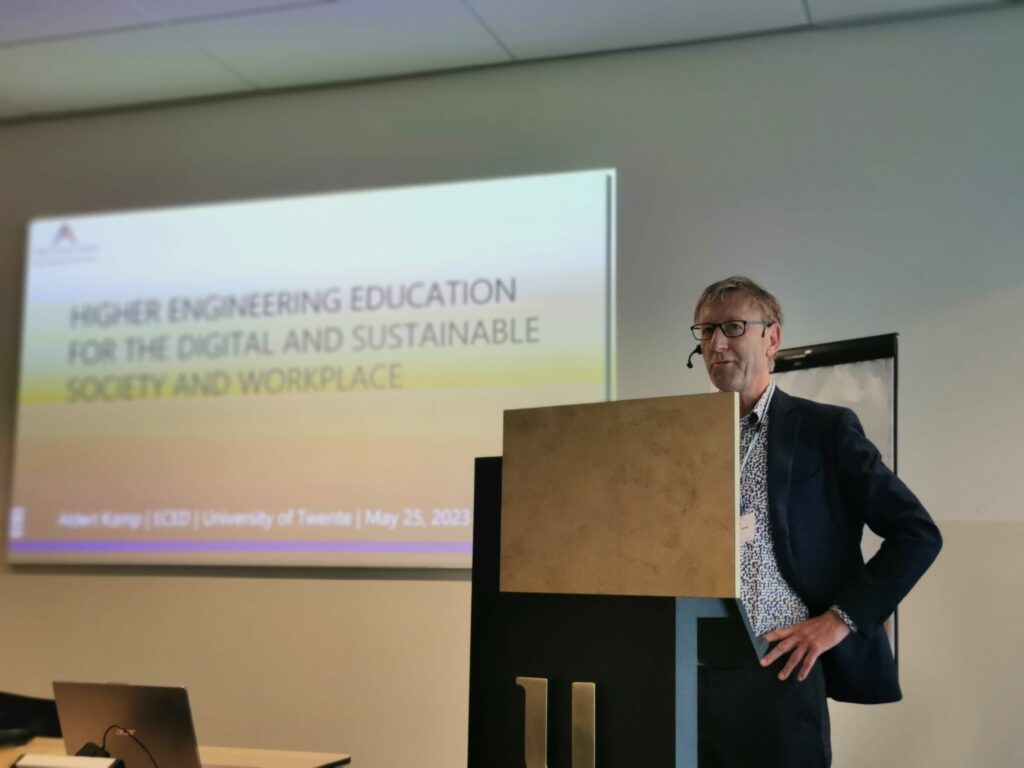
The convention began with a visionary presentation by Aldert Kamp, setting the stage for insightful discussions on the digitalization of engineering education. Participants delved deep into the topic through an industry expert panel comprising representatives from Airbus, Dassault Systèmes, Elsevier, MathWorks, and McGraw Hill, brilliantly moderated by SEFI Vice President Nagy Balázs Vince.
A panel discussion on driving change and digitalization challenges featured John Mitchell, Kim Schildkamp, and Esther Ventura-Medina, who shared their experiences as champions of engineering education innovation at their respective institutions. Throughout the day, engaging presentations by various speakers explored leadership for digital innovation in engineering education.
In addition to the knowledge-sharing sessions, the SEFI Board of Directors appointed new chairs for the Diversity, Equity, and Inclusion SIG and the Sustainability SIG. Natalie Wint and Fiona Truscott from UCL were appointed as chairs of the Diversity, Equity, and Inclusion SIG, while Aida Guerra from Aalborg University became the new chair of the Sustainability SIG. SEFI expressed its appreciation to the former chairs, Inês Direito and Jordi Segalas, for their significant contributions to their respective fields.
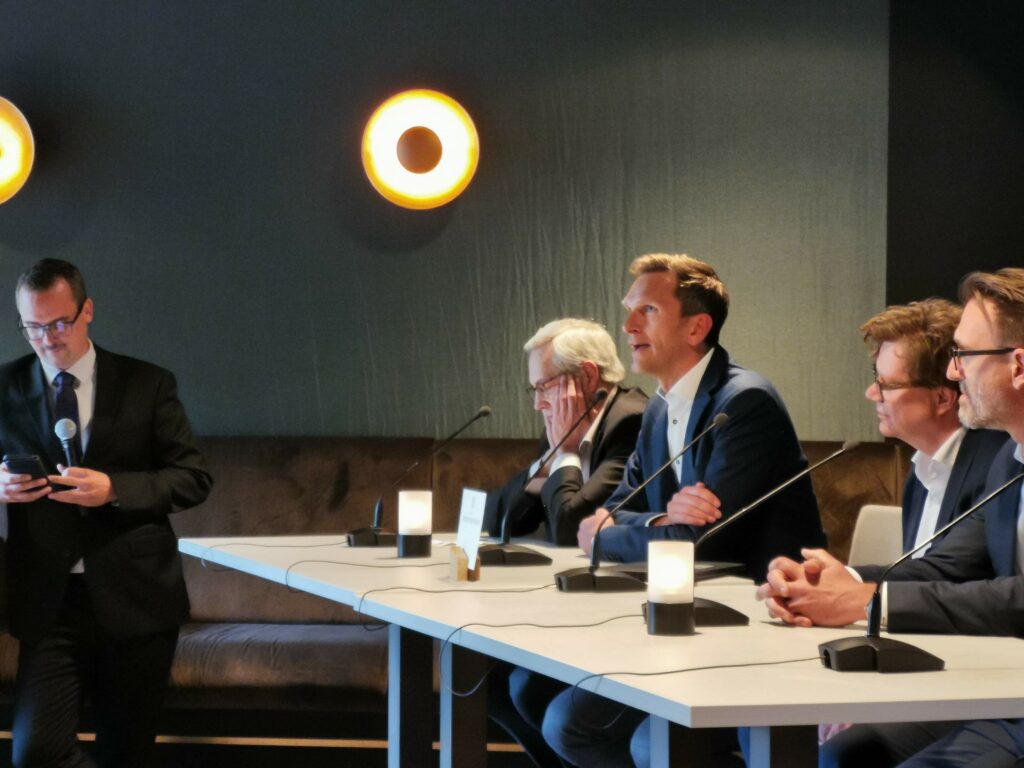
The convention showcased the importance of collaboration, sharing best practices, and inspiring advancements in engineering education. Such events, like the ECED-ULD convention, play a vital role in promoting excellence and continuous improvement in engineering education across Europe.
As the field of engineering education continues to evolve, it is through gatherings like the ECED-ULD convention that leaders in the field can stay abreast of new developments and ensure that graduates are well-prepared for the challenges that lie ahead. The 14th European Convention for Engineering Deans was a resounding success, leaving participants inspired and equipped to drive positive change in engineering education.
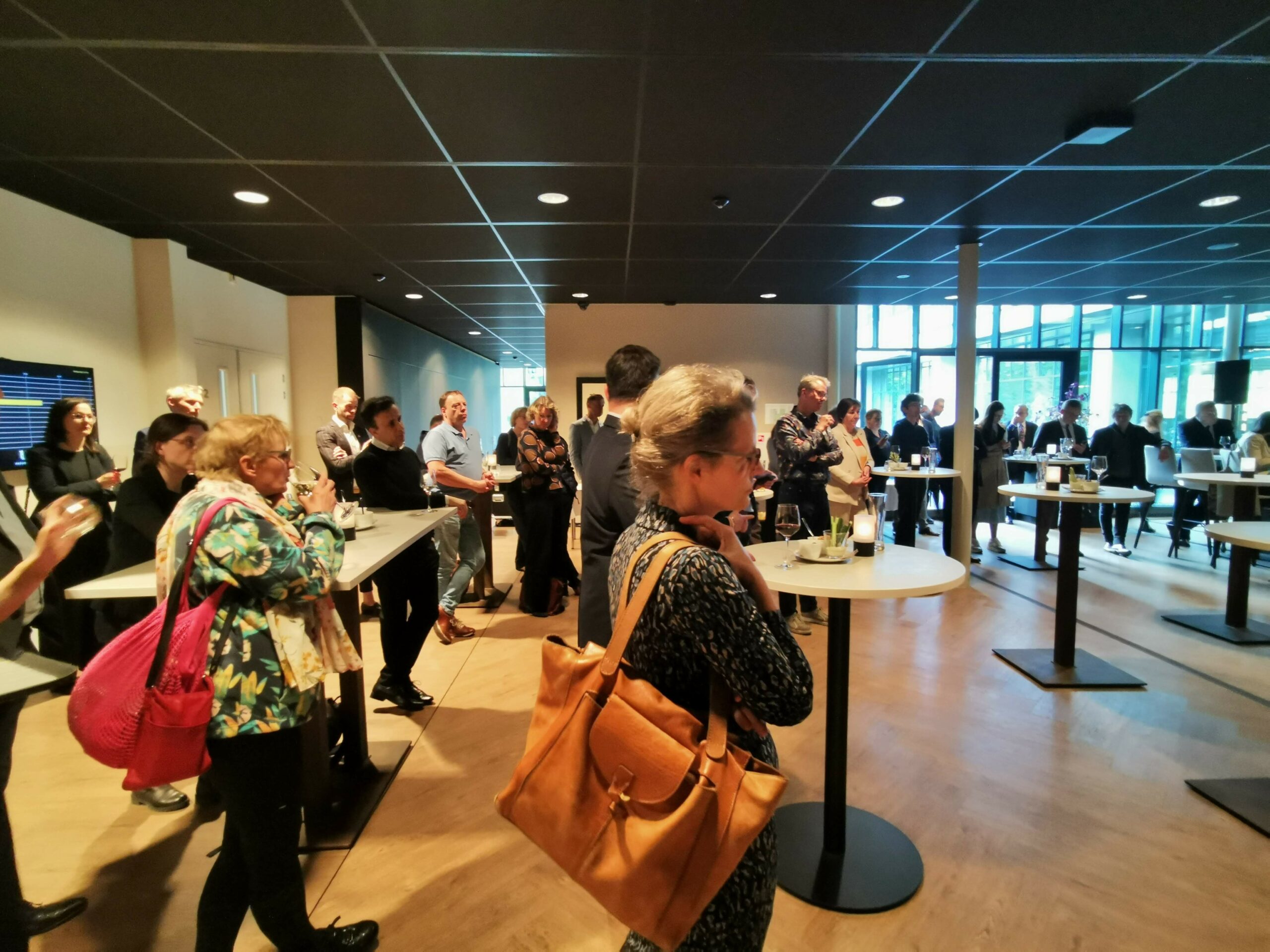
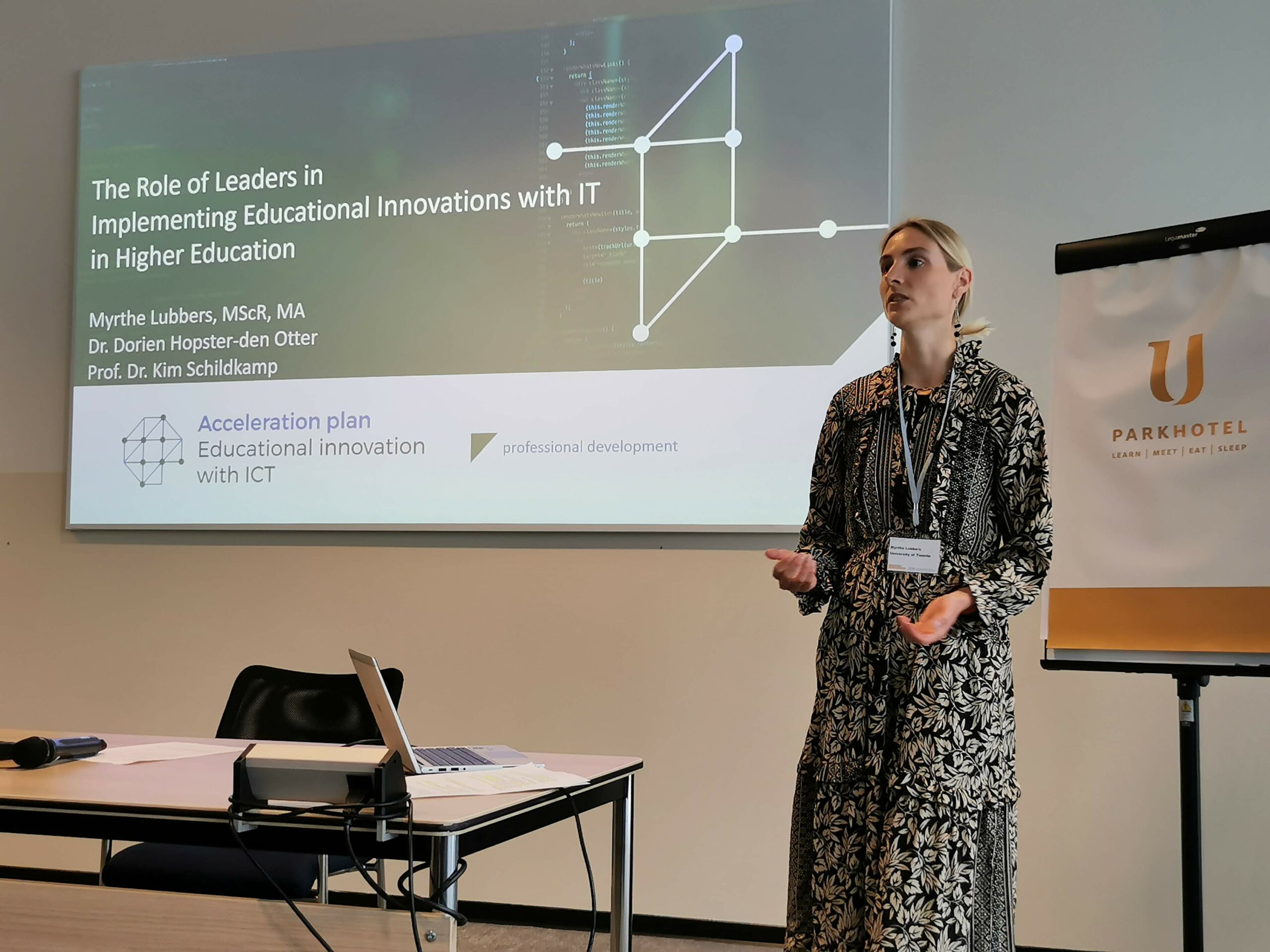
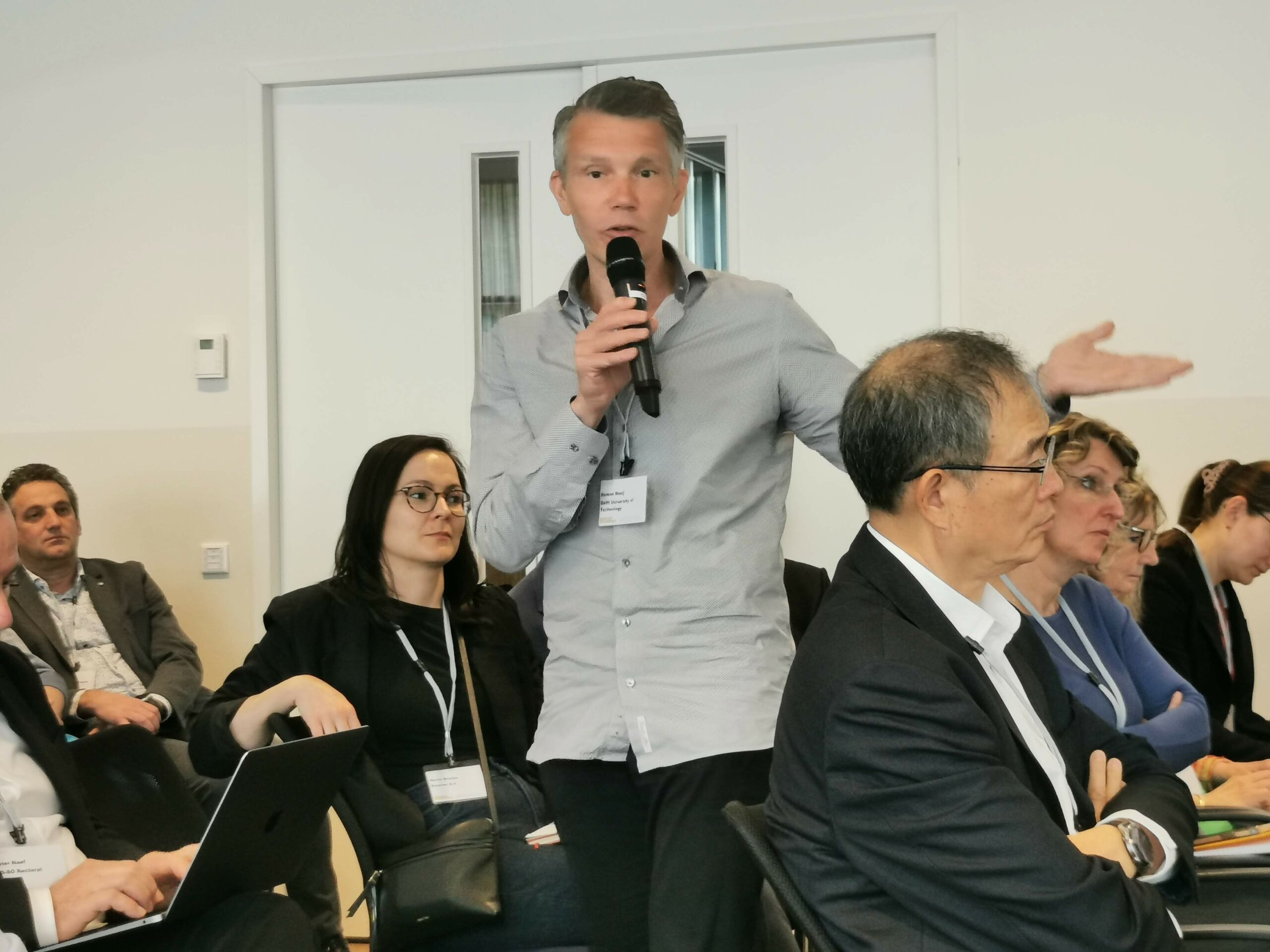
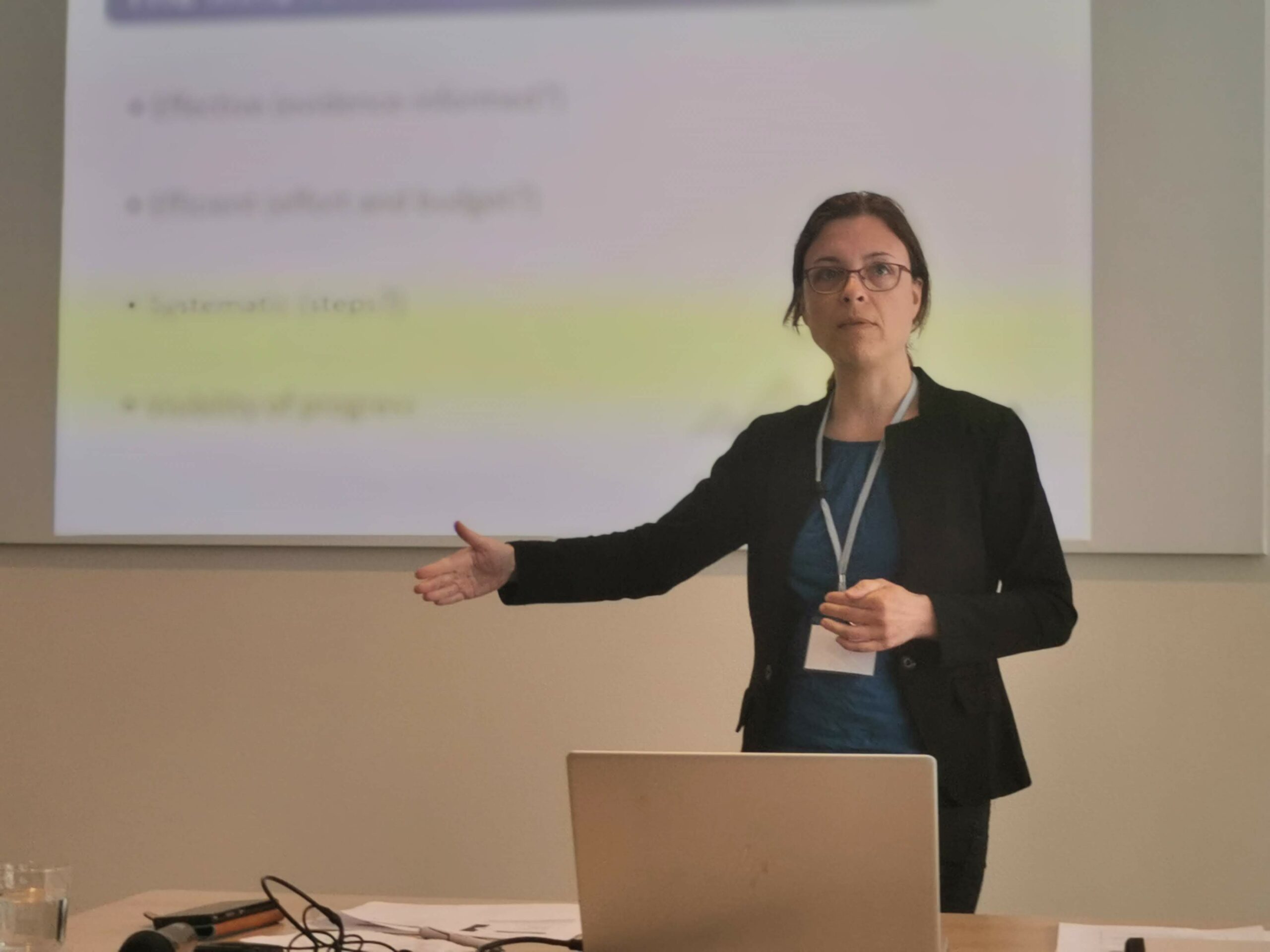
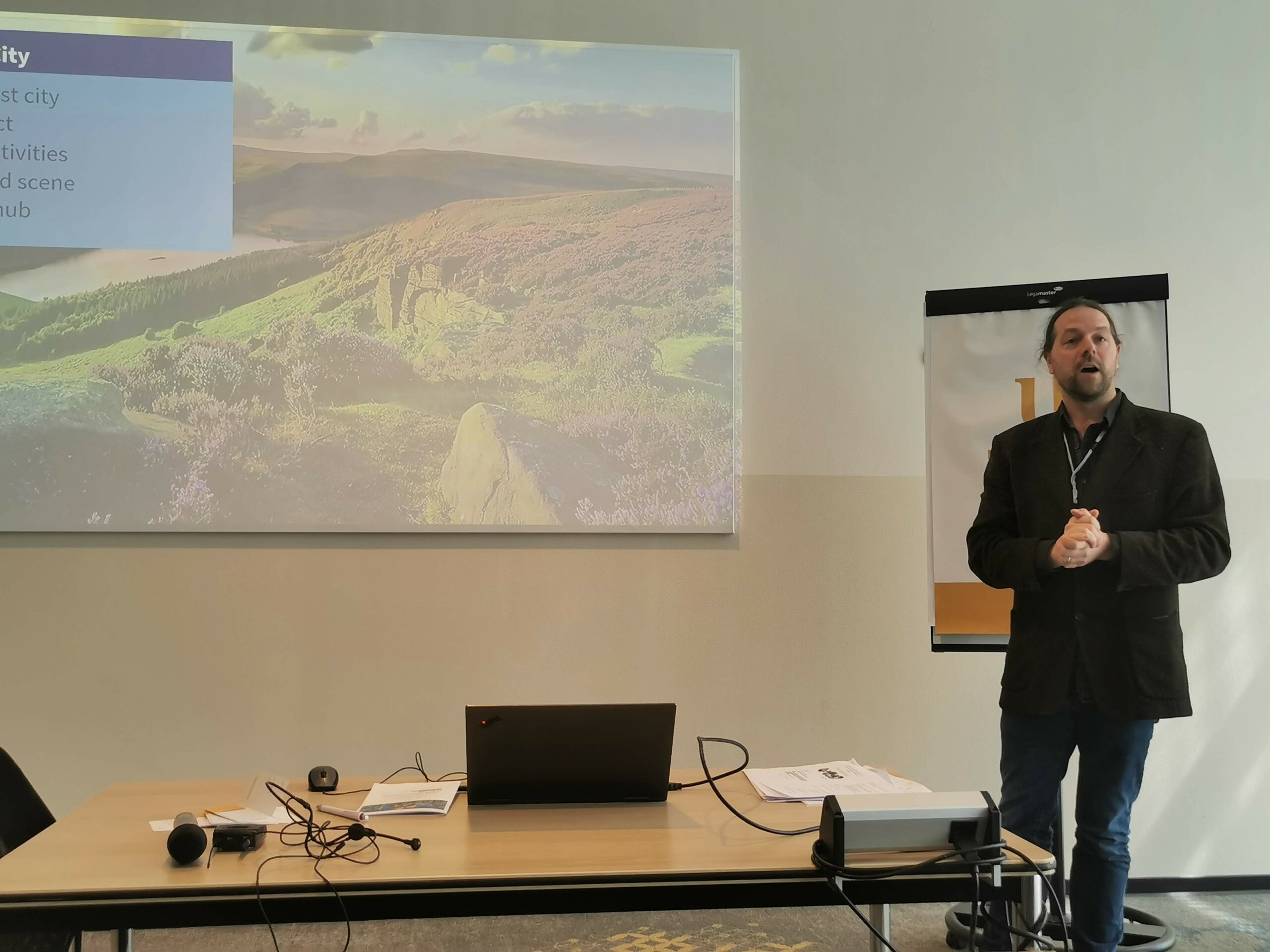
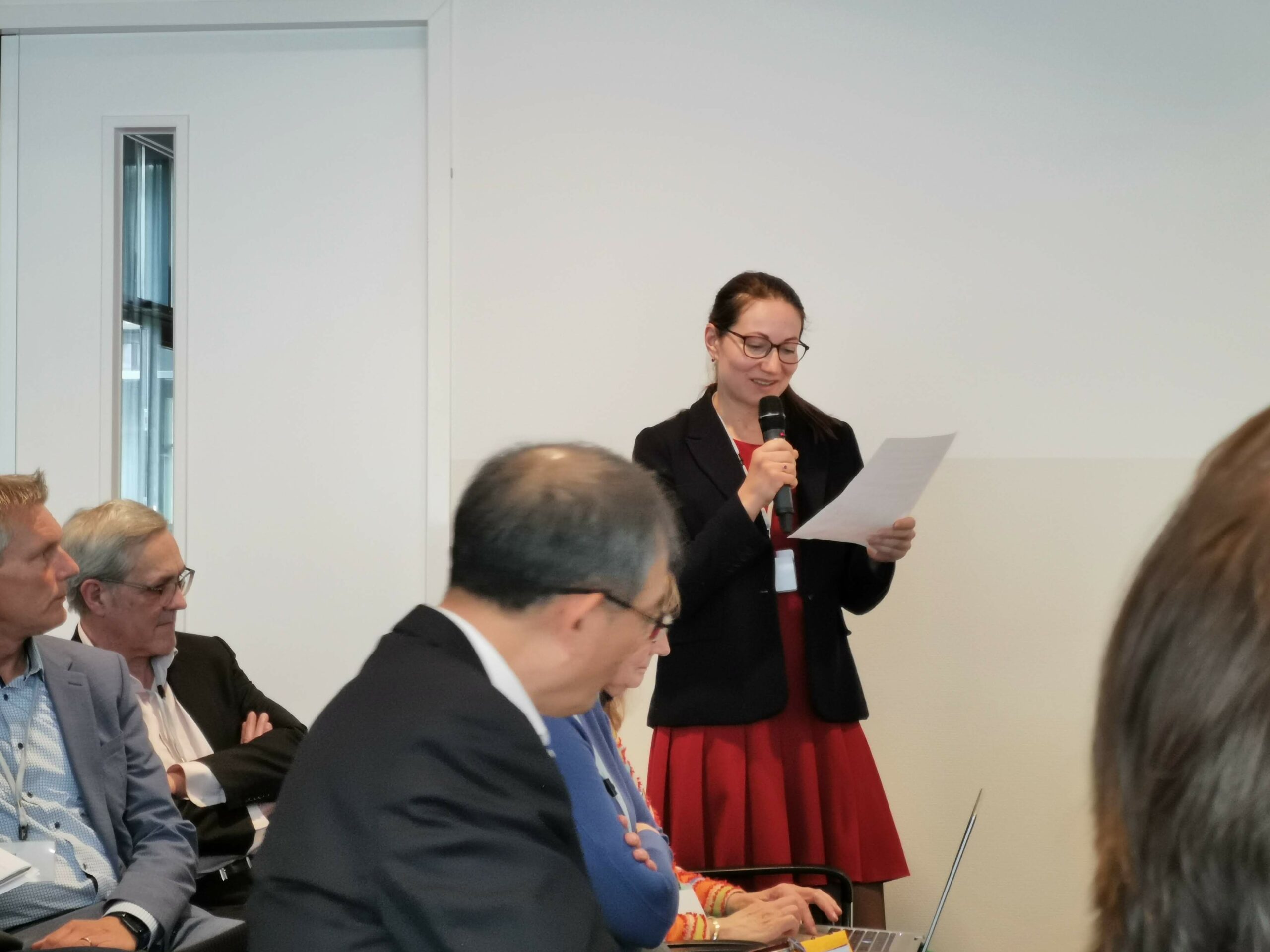
The 14th European Convention for Engineering Deans reaffirmed our commitment to excellence and innovation in engineering education, paving the way for a brighter future
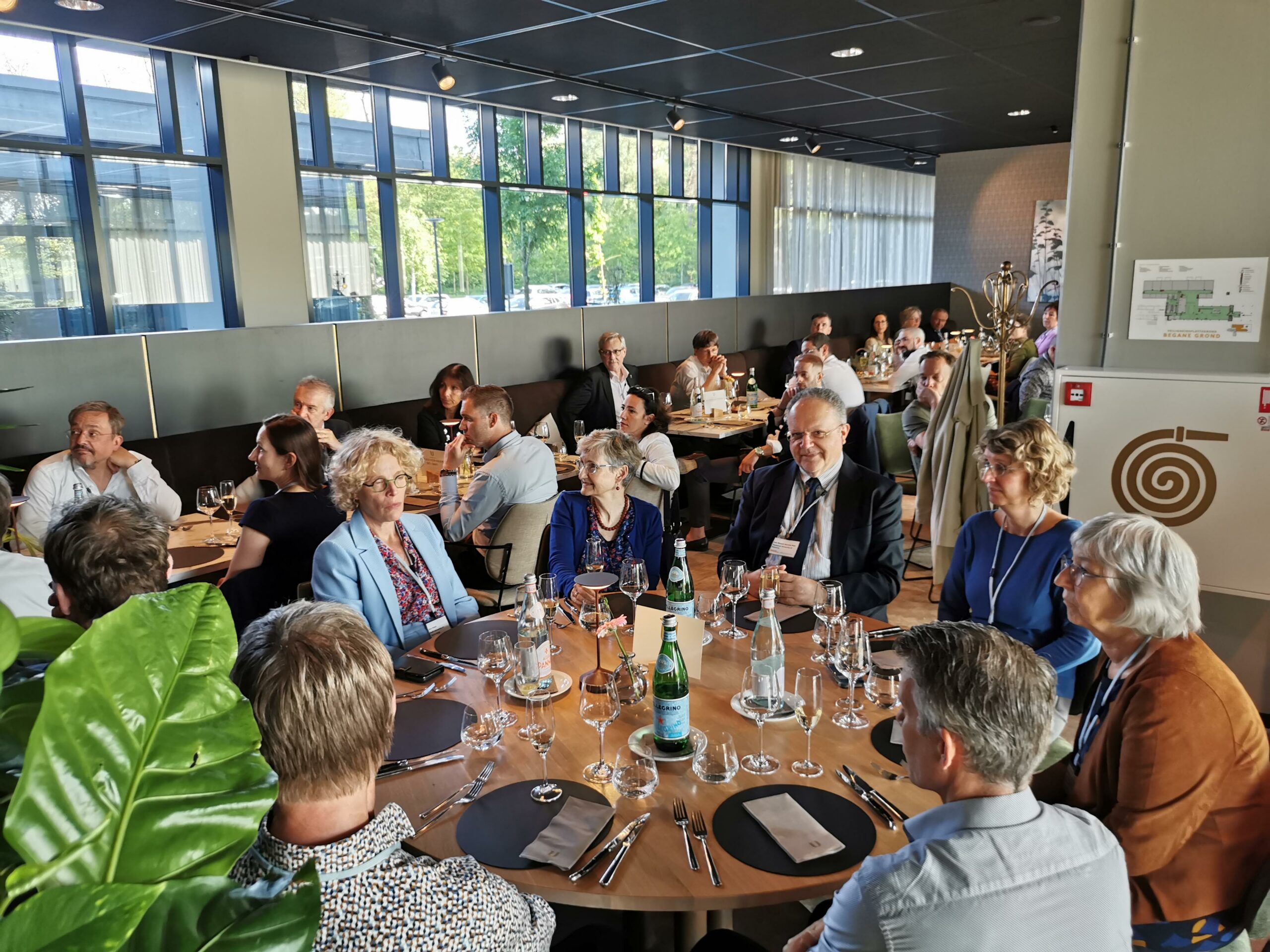
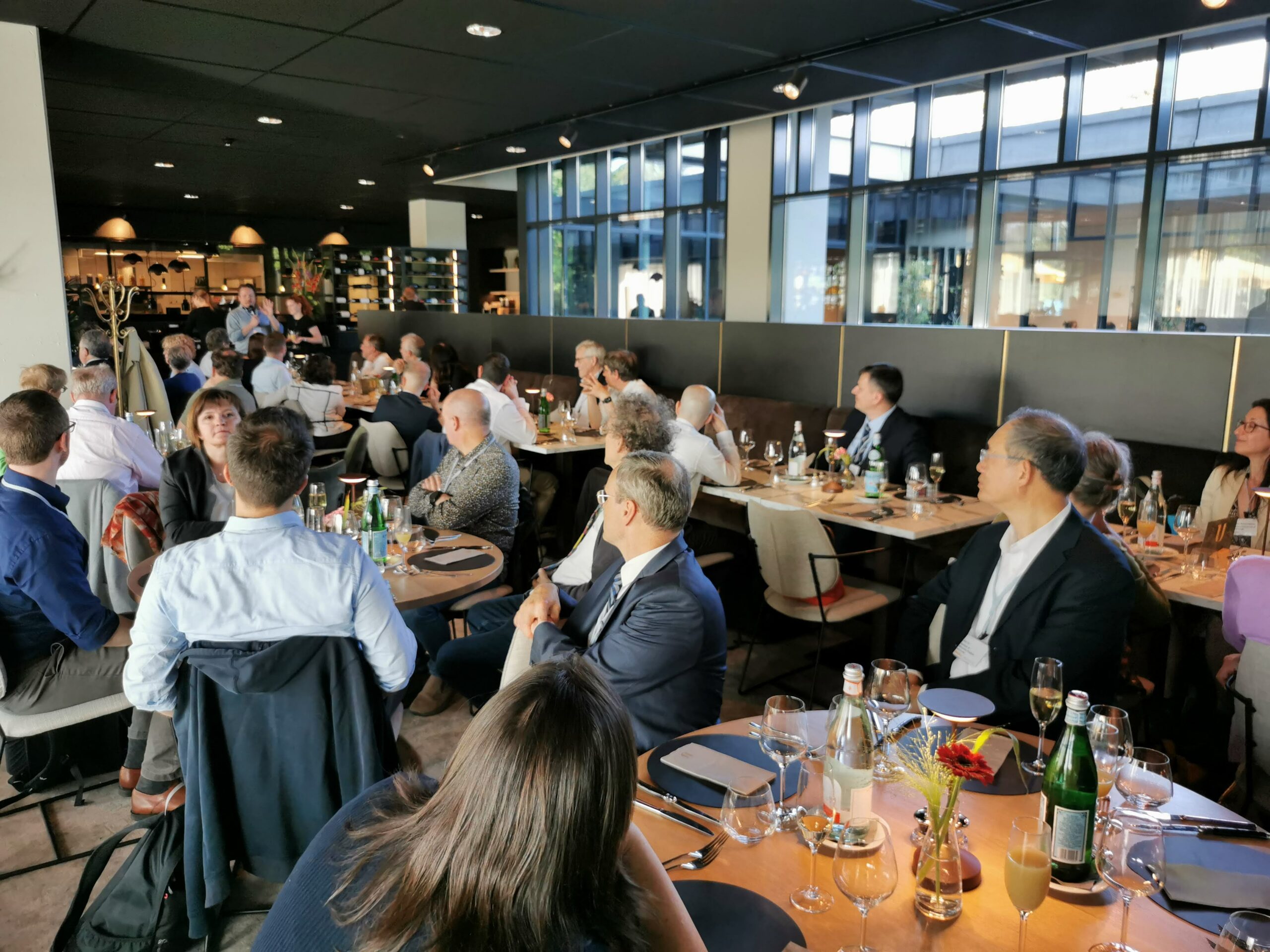
Wrapping up & next edition
Gerhard Müller and Luis Manuel Sánchez Ruiz, as council co-chairs, provided their wrap up of the convention suggesting Twente Thoughts about joint vision, transformation, leadership, digital formats and content, for example (see also ‘Twelve thoughts of Twente’ below). Thoughts that need to be further addressed are about “great individuals versus scaling up/how to steer innovation”;
“flight level of goals” versus achieving innovation, and providing related resources and support; “critical thinking versus leadership cultures”, and “AI in education versus (EU) AI regulations”, to name but a few.
We thank all SEFI co-organizers, sponsors and 4TU.CEE, speakers, chairs and panel members, and of course the participants for their contribution!
The next edition of the SEFI Deans Conference will take place in 2024 at the University of Sheffield, United Kingdom
(date to be announced soon)
We are very much looking forward to continuing our discussions there!
Twelve thoughts of Twente
- We need to transform from technology-centred society to human-centred engineering.
- Digitalization is not about the system, but about the people coming together to do great
things; digitally supported communities. - Digitalization and coming to campus need to be combined to support flexibility, teacher-
student interactivity, diversity in student need, and data-informed decision making. - Digitalization can support delivery control, compatible with flexible and adaptive learning
paths with learning analytics. - Leadership providing resources, vision, and need is required for sustained interventions, for
enabling leadership to create value. - Leaders as role models, participating actively in innovation, supporting networks and
communities, and working in an evidence-informed way, leading themselves and others, can
accelerate digitalization positively. - Communities and networks, relationship-building, and data-informed decision making help
the transformation to human-centred engineering in the digitalization era. - AI in education versus (EU) AI regulations can be challenging.
- Critical thinking versus leadership cultures can be a dilemma.
- How do we scale up/steer innovation from great individuals to the broader context?
- How do we practically achieve innovation from a “Flight level of goals” and provide related
resources and support? - Should everything be combined in the engineer and the leader? Do we keep needing more?
Or is it also time to develop boundaries, work together with others and distribute leadership
more?
